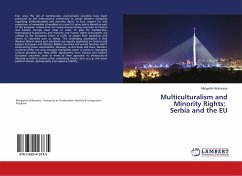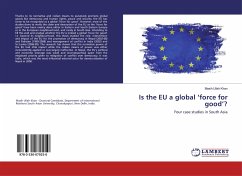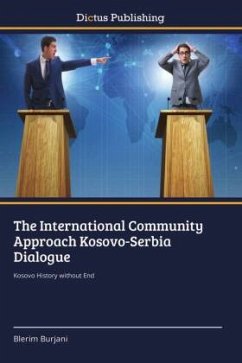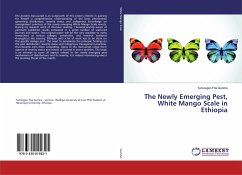Ever since the fall of Communism, post-socialist countries have been pressured by the international community to adopt Western standards regarding multiculturalism and minority rights. In fact, respect for and protection of minorities is heralded as a core EU value and is therefore part of the accession criteria that the newly democratizing countries of Central and Eastern Europe must meet in order to gain EU membership. International frameworks and minority and human rights instruments are utilized by the European Union in order to export their guidelines and norms to countries such as Serbia. The underlying assumption is that Western liberal values and standards are equally applicable to Central and Eastern European and Western Balkan countries and would function well if endorsed by these communities. However, as this book will show, Western countries differ not only amongst themselves when it comes to managing cultural pluralism but they differ significantly from Central and Eastern European countries, both in terms of their approach to ethnocultural diversity as well as various other underlying factors such as e.g. the socio-political climate, demography and regional stability.
Bitte wählen Sie Ihr Anliegen aus.
Rechnungen
Retourenschein anfordern
Bestellstatus
Storno








